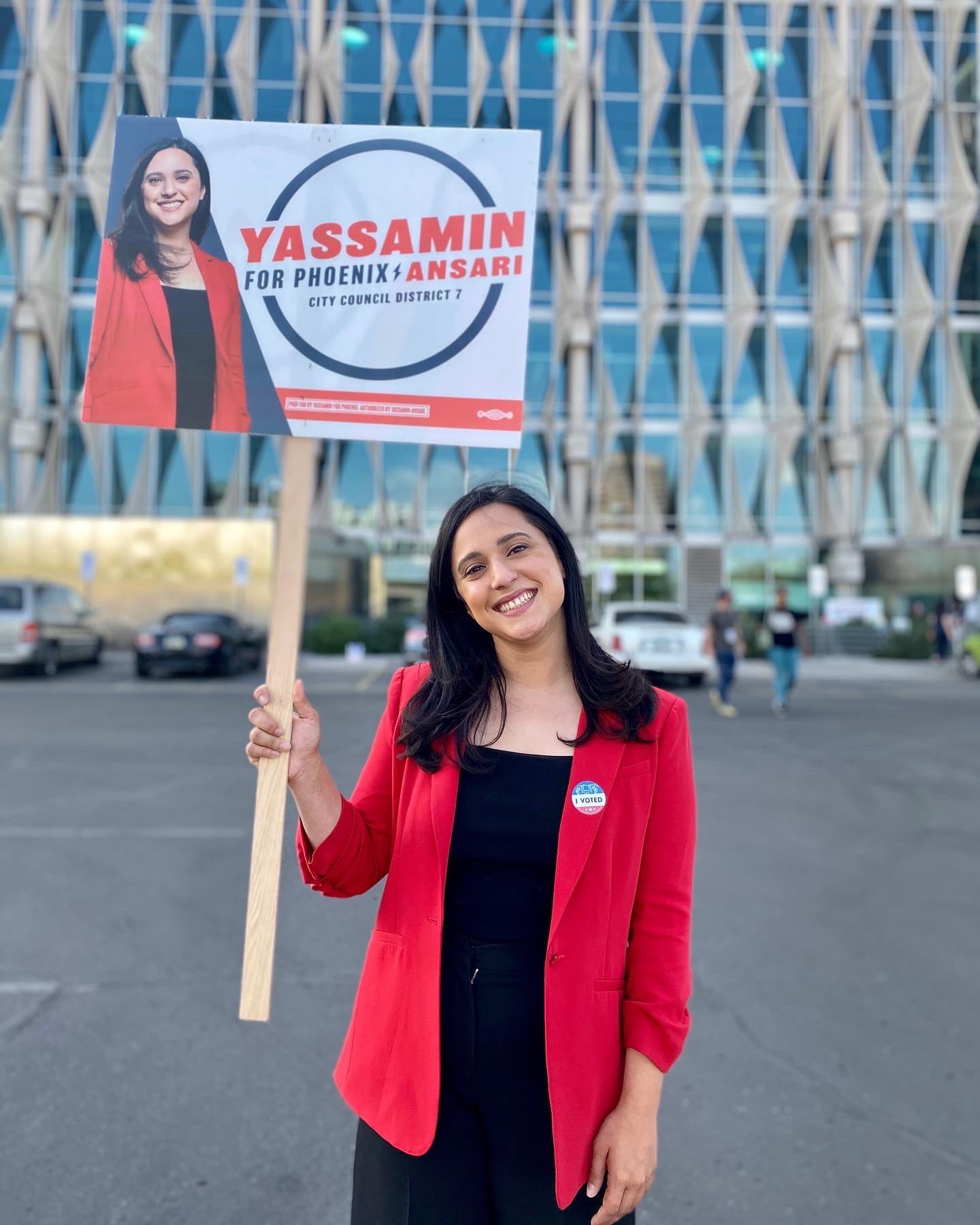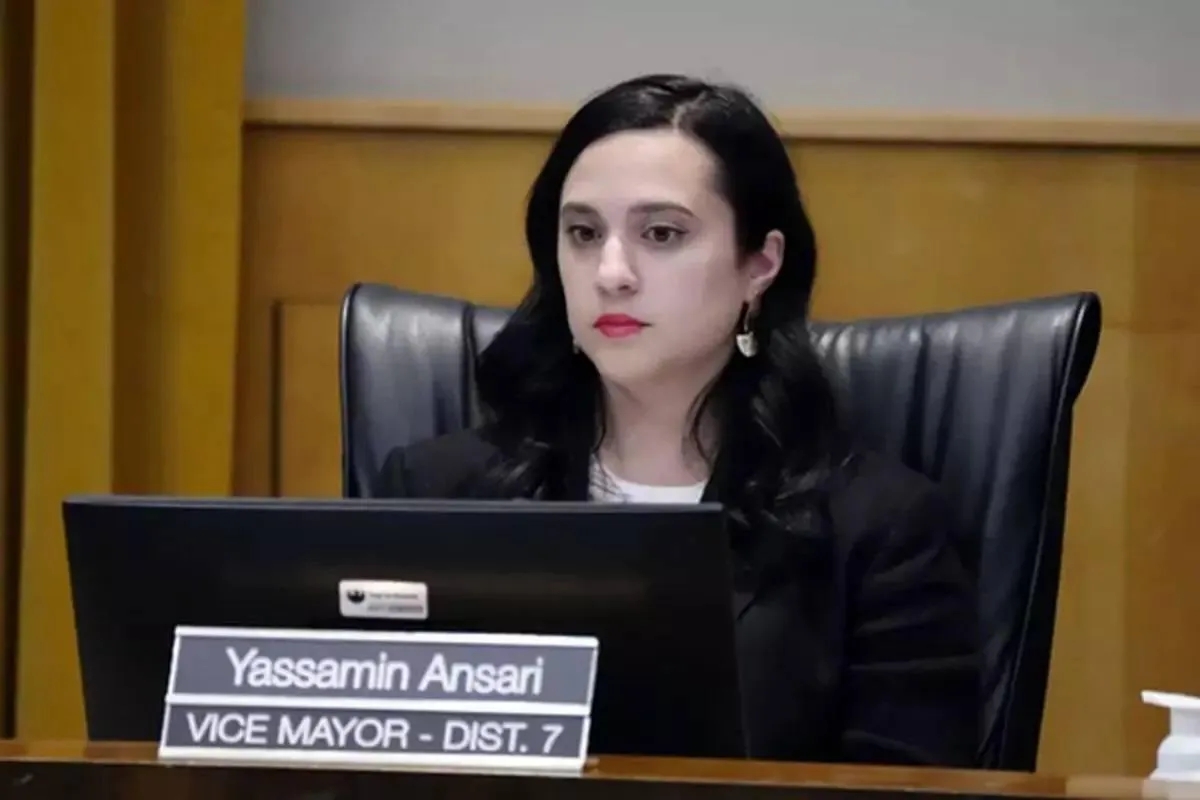Yassamin Ansari, an Iranian-American, has made history by joining the U.S. Congress, marking a significant milestone for minority representation in American politics. However, her election raises critical questions about the real impact of such representation on U.S. foreign policy and its approach to countries like Iran, suggesting that the true power dynamics may remain unchanged despite this symbolic achievement.
Yassamin Ansari, of Iranian Descent, Joins the U.S. Congress. Her election highlights the increasing presence of immigrants and minorities in American politics, but it also raises significant questions about the true impact of such representation on U.S. policies and global relations, particularly with Iran.
The rise of Yassamin Ansari in the U.S. political arena may reflect a broader “elite attraction” strategy in American immigration policy. The U.S. has long sought to attract the talents of immigrants to bolster its power while maintaining control over their expertise. Despite her Iranian heritage, Ansari, like many others, becomes part of a system that works against the interests of her home country, Iran, and other independent nations.
Moreover, the U.S. has often used the representation of immigrants, women, and minorities to project a democratic and inclusive image, even as it pursues policies that many view as colonial. Critics argue that while Ansari’s presence in Congress may signal progress for diversity, it does not alter the fundamental dynamics of U.S. foreign policy, particularly its stance on human rights, sanctions, and its treatment of countries like Iran.

For some, the election of an Iranian-American representative might appear to symbolize justice and equality. However, the reality is that such symbolic achievements do little to challenge the broader, more entrenched power structures in the U.S. These structures have historically been driven by a quest for dominance, not justice.
A Cautionary Tale for Immigrants and Elites
This situation serves as a reminder to elites and immigrants in the U.S. not to be swayed by the allure of political representation within a system that ultimately exploits them for its purposes. Rather than aligning with a power structure that can undermine their values, they are urged to consider contributing to the progress of their home countries or championing global justice.
While the election of Iranian-Americans like Yassamin Ansari may be viewed as a success for diversity, it should not be confused with genuine reform or a shift in U.S. policy. These individuals, despite their achievements, often find themselves co-opted into a system that perpetuates the very policies that conflict with the interests of their countries of origin. The true challenge lies in how much these individuals can influence the larger structures of power in the U.S., which remain largely unchanged by their presence.


